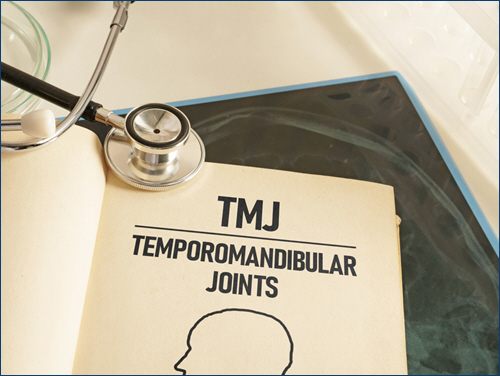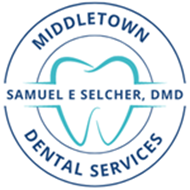Temporomandibular joint (TMJ) disorders affect the jaw joint and the muscles controlling jaw movement. This leads to pain, discomfort, and difficulty in performing daily activities such as chewing and speaking. These disorders can result from various factors, including stress, teeth grinding, jaw injury, or arthritis. Managing TMJ pain effectively requires a combination of exercises and therapies to alleviate symptoms and improve jaw function.
 Effective Exercises for TMJ Pain Relief
Effective Exercises for TMJ Pain Relief
- Jaw Stretching and Relaxation Exercises: Gentle stretching exercises can help improve jaw mobility and reduce tension in the surrounding muscles. One effective exercise is the goldfish exercise. This involves placing your tongue on the roof of your mouth and opening your mouth halfway. This helps relax the jaw muscles without overextending them. Another beneficial exercise is the side-to-side jaw movement, where you gently move your jaw from left to right while keeping your mouth slightly open.
- Resisted Opening and Closing: Strengthening the muscles around the TMJ can provide better support and stability. For resisted opening, place your thumb under your chin and open your mouth slowly while applying gentle pressure with your thumb. For resisted closing, place your fingers on your chin and gently push down as you close your mouth. These exercises help build muscle strength and control, reducing pain and discomfort over time.
- Chin Tucks: This exercise helps improve posture and relieve tension in the neck and jaw muscles. Sit or stand up straight with your shoulders relaxed. Pull your chin back towards your neck, creating a double chin. Hold this position for a few seconds, then release. Repeat several times to promote better alignment and reduce strain on the TMJ.
Therapies for TMJ Pain Management
- Physical Therapy: A physical therapist specializing in TMJ disorders can design a customized exercise program to improve jaw function and alleviate pain. Techniques such as manual therapy, ultrasound, and heat or cold therapy can help reduce inflammation and promote healing.
- Stress Management Techniques: Stress and anxiety can exacerbate TMJ symptoms. Incorporating stress-reduction techniques such as mindfulness meditation, yoga, or deep breathing exercises can help relax the jaw muscles and decrease tension. Learning to manage stress effectively can have a positive impact on TMJ pain.
- Splint or Mouthguard: Wearing a splint or mouthguard can help alleviate TMJ pain by reducing teeth grinding and clenching. These appliances are typically worn at night to protect the teeth and jaw joints, promoting better alignment and reducing strain on the TMJ.
TMJ disorders can significantly impact daily life, but effective exercises and therapies can provide relief and improve jaw function. By incorporating stretching and strengthening exercises, managing stress, and seeking professional therapies, individuals with TMJ disorders can experience reduced pain and enhanced quality of life. It’s essential to consult with your Middletown Dental Services dentist to develop a personalized treatment plan that addresses your specific needs and symptoms.

